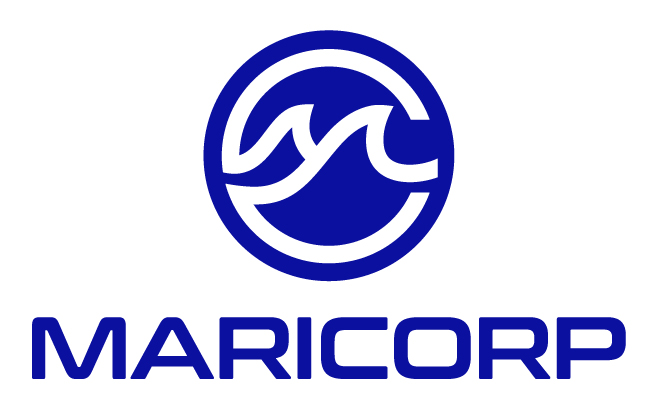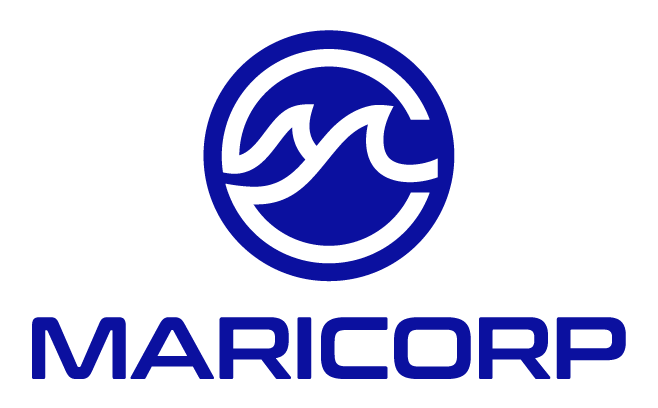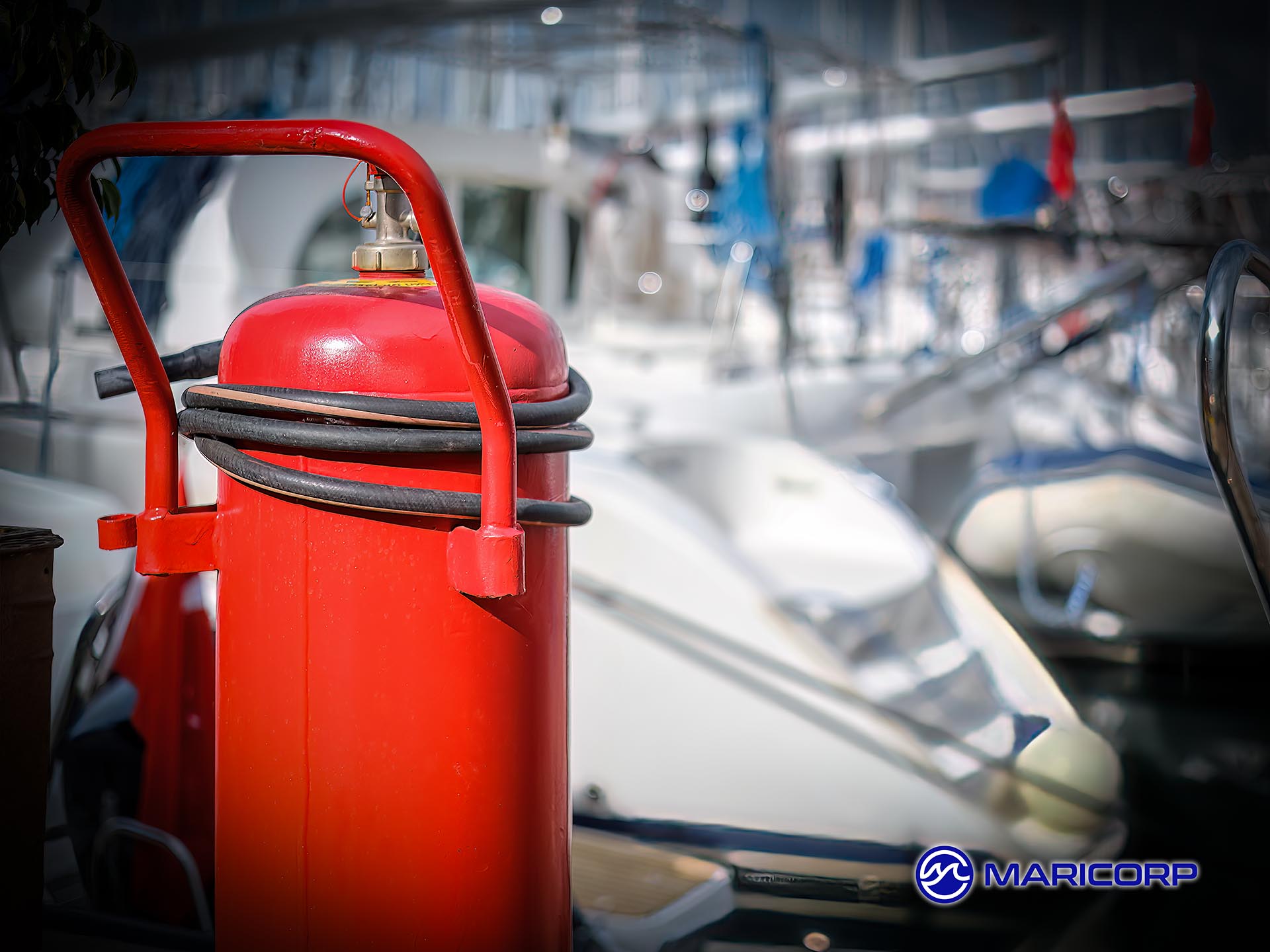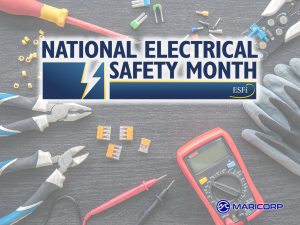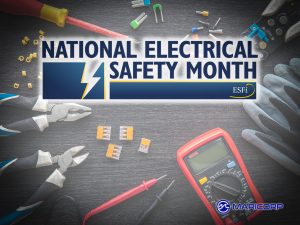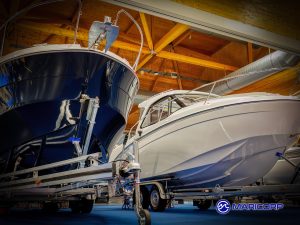Fire Prevention in October
Fire Prevention in October: Safeguarding Boat Docks and Marinas
As October ushers in cooler temperatures and vibrant fall colors, it also brings unique challenges for the boat dock and marina industry. With the changing season, fire risks can increase due to factors like dry foliage, increased use of heating equipment, and end-of-season maintenance activities. Delves into essential fire prevention strategies tailored for marinas and boat docks during October, ensuring safety for both property and people.
Understanding Seasonal Fire Risks
October presents specific fire hazards that marinas must address:
- Dry Vegetation: Falling leaves and dry foliage can accumulate around docks and storage areas, serving as potential fuel for fires.
- Heating Equipment Usage: As temperatures drop, the use of portable heaters in offices and boats increases, raising the risk of electrical fires.
- End-of-Season Maintenance: Activities like welding, painting, and engine repairs become more frequent, introducing ignition sources.
Prioritizing Cleanliness and Debris Removal
Keeping the marina clean is a fundamental step in fire prevention:
- Regular Cleanup: Establish a routine for removing dry leaves, trash, and other combustible materials from docks and surrounding areas.
- Proper Disposal: Use designated bins for flammable waste and ensure they are emptied regularly. Refer to the Environmental Protection Agency (EPA) guidelines for waste management.
Safe Use of Heating Equipment
With the onset of cooler weather, heating devices become commonplace:
- Certified Equipment: Only use heaters that are certified by recognized testing laboratories like UL (Underwriters Laboratories).
- Proper Placement: Keep heaters away from flammable materials and ensure they are placed on stable surfaces.
- Regular Inspections: Check heaters for damaged cords or plugs before use.
Enhanced Electrical Safety Measures
Electrical systems require extra attention during this period:
- Weatherproof Equipment: Use marine-grade, weatherproof electrical components to withstand October’s unpredictable weather.
- Avoid Overloading: Do not overload circuits with heating devices or maintenance equipment.
- Qualified Personnel: Electrical repairs and installations should be performed by certified electricians familiar with American Boat and Yacht Council (ABYC) standards.
Fire Safety During Maintenance Activities
Maintenance work can introduce fire hazards:
- Hot Work Permits: Implement a permit system for activities like welding or soldering to ensure safety protocols are followed.
- Fire Watch: Assign a person to monitor for fires during and after hot work operations.
- Proper Ventilation: Ensure areas are well-ventilated to prevent the buildup of flammable vapors.
Updating Fire Safety Equipment
Ensure all fire safety equipment is ready for potential incidents:
- Fire Extinguisher Accessibility: Place extinguishers in visible, easily accessible locations and ensure they are appropriate for the types of fires that may occur.
- Fire Hose Maintenance: Inspect fire hoses for leaks or damage and ensure they are properly stored.
- Alarm Systems: Test smoke detectors and alarm systems regularly to confirm they are operational.
Staff Training and Awareness
An informed team is crucial for effective fire prevention:
- Seasonal Training Sessions: Conduct refresher courses focused on the specific risks associated with October.
- Emergency Response Drills: Simulate fire scenarios to practice evacuation and response procedures.
- First Aid Skills: Encourage staff to become certified in first aid and CPR through organizations like the American Red Cross.
Engaging Boat Owners and Visitors
Fire safety is a collective responsibility:
- Informational Signage: Display signs reminding patrons of fire risks and safety protocols.
- Distribute Safety Guides: Provide materials outlining safe practices for using heaters, disposing of waste, and reporting hazards.
- Open Communication Channels: Create easy ways for visitors to report concerns, such as a dedicated phone line or mobile app.
Compliance with Regulations
Adherence to regulations is non-negotiable:
- Local Fire Codes: Stay updated with municipal fire codes, which may have specific requirements during the fall season.
- NFPA Standards: Follow the National Fire Protection Association (NFPA) 303 for marinas and boatyards.
- Insurance Requirements: Ensure all fire prevention measures meet the criteria set by insurance providers to maintain coverage.
Preparing for Off-Season Storage
Proper storage reduces fire risks during the off-season:
- Fuel Management: Drain fuel tanks or add stabilizers to prevent leaks and vapor buildup.
- Battery Care: Disconnect batteries to avoid electrical shorts.
- Coverings: Use fire-retardant materials for boat coverings and storage enclosures.
Weather Considerations
October weather can be unpredictable:
- Wind Precautions: Secure loose items that could become ignition sources or fuel during high winds.
- Storm Readiness: Develop plans for severe weather events that could increase fire risks, such as lightning storms.
- Humidity Levels: Be aware that lower humidity can enhance the spread of fires.
Investing in Advanced Fire Suppression Systems
Consider upgrading to modern fire suppression technologies:
- Automatic Sprinkler Systems: Install sprinklers in high-risk areas to automatically combat fires.
- Clean Agent Systems: Use gas-based suppression in areas where water damage is a concern.
- Remote Monitoring: Implement systems that alert management and authorities in real-time.
Community Collaboration
Work with local organizations to enhance safety:
- Fire Department Partnerships: Invite local fire departments to conduct assessments and training.
- Marina Associations: Participate in associations like the Association of Marina Industries for shared resources and best practices.
- Environmental Groups: Collaborate with environmental organizations to balance fire safety with ecological preservation.
Fire prevention in October requires a proactive and comprehensive approach. By addressing the unique challenges of the season—such as dry vegetation, increased use of heating equipment, and maintenance activities—marinas can significantly reduce the risk of fires. Emphasizing cleanliness, proper equipment usage, staff training, and regulatory compliance forms the backbone of an effective fire prevention strategy.
As the boating season winds down, now is the perfect time to reinforce safety measures, engage with the community, and prepare for the months ahead. Protecting your marina is not just about safeguarding property; it’s about ensuring a safe environment for all who work and visit there.
Additional Resources
- National Fire Protection Association (NFPA)
- U.S. Coast Guard Boating Safety Division
- BoatU.S. Foundation for Boating Safety and Clean Water
- Occupational Safety and Health Administration (OSHA)
Related Fire Prevention Articles:
*Sign up for our free newsletter “Marina Management Journal” so you can stay up to date
About MariCorp
Maricorp is one of the largest floating boat dock manufacturing and construction companies in the United States, specializing in galvanized steel floating docks and boat lift systems. With projects spanning coast-to-coast, Maricorp provides marina consultation and design, marine construction, marina repair and renovation, and boat dock disaster response and demolition.
